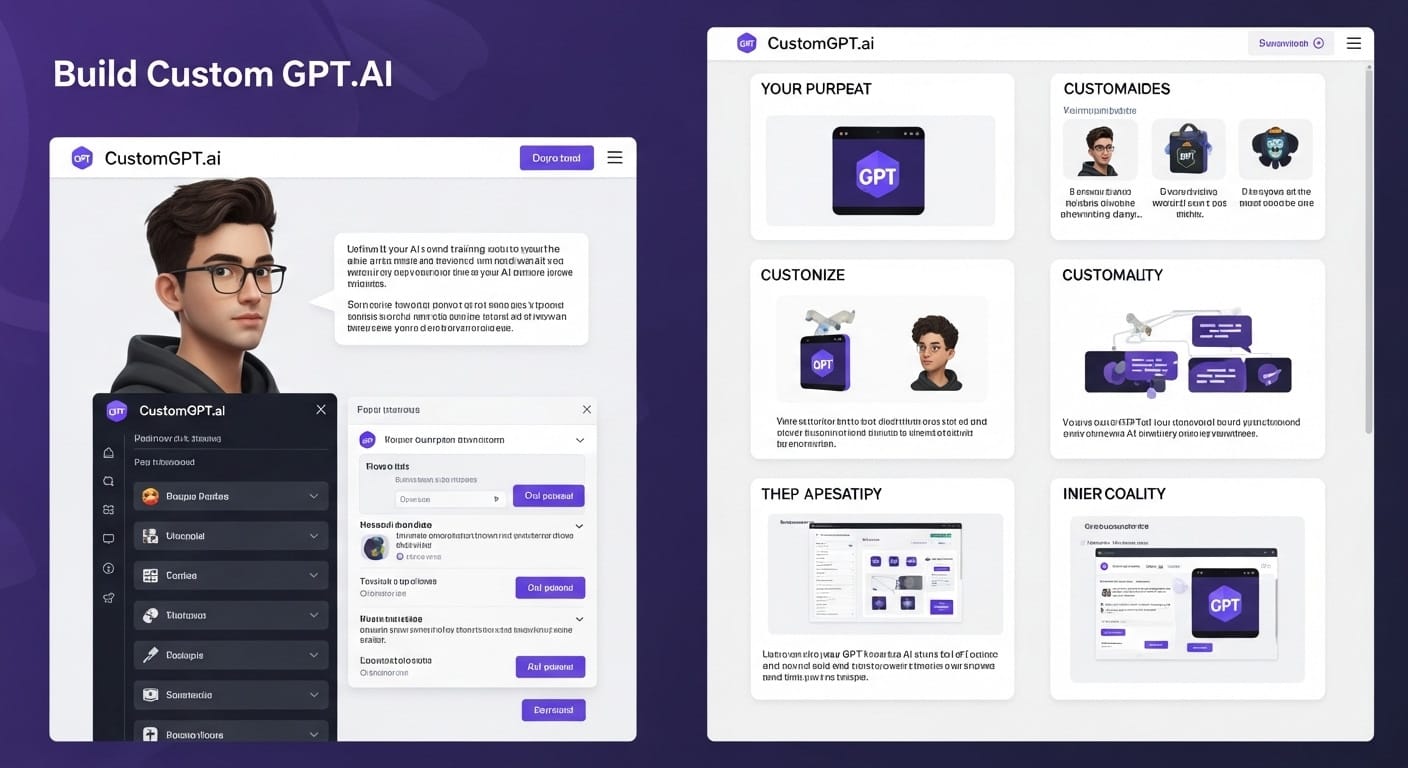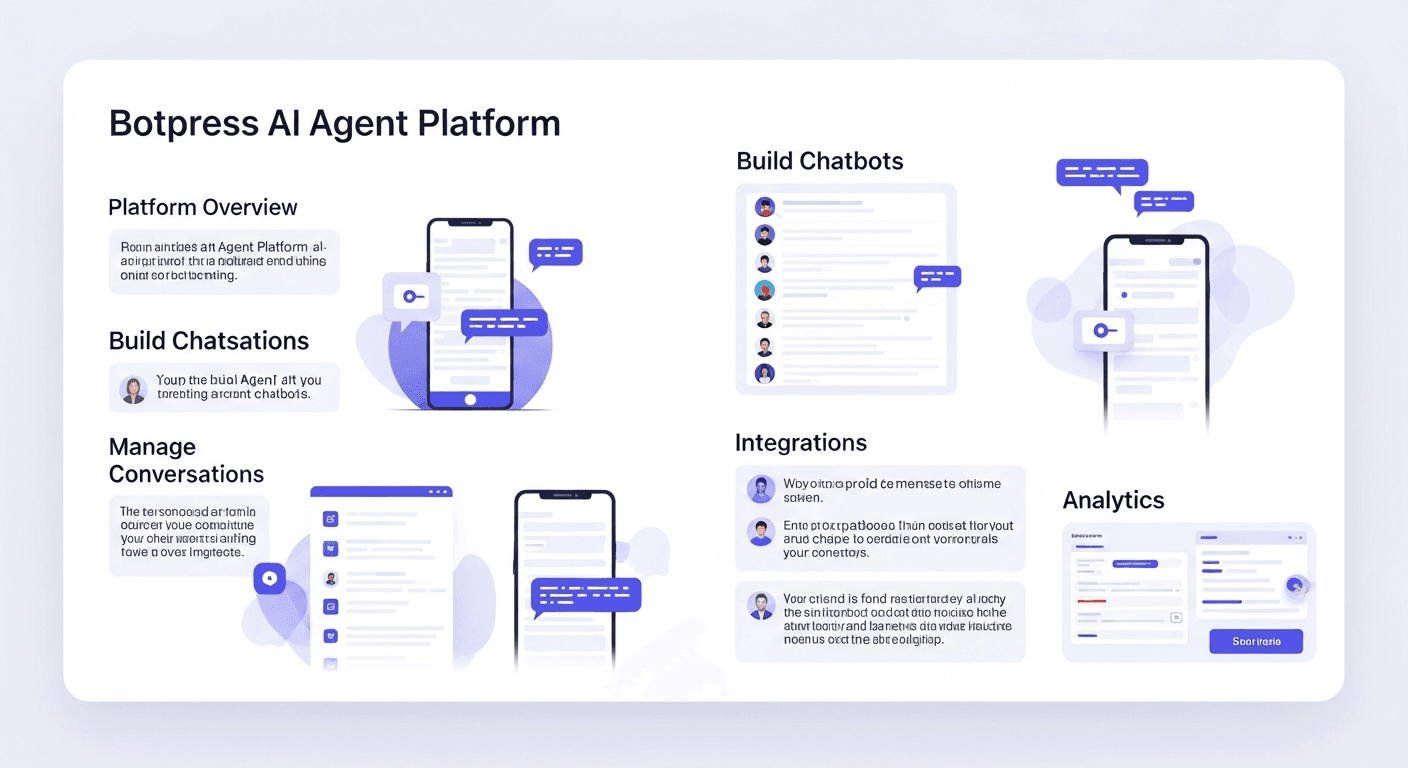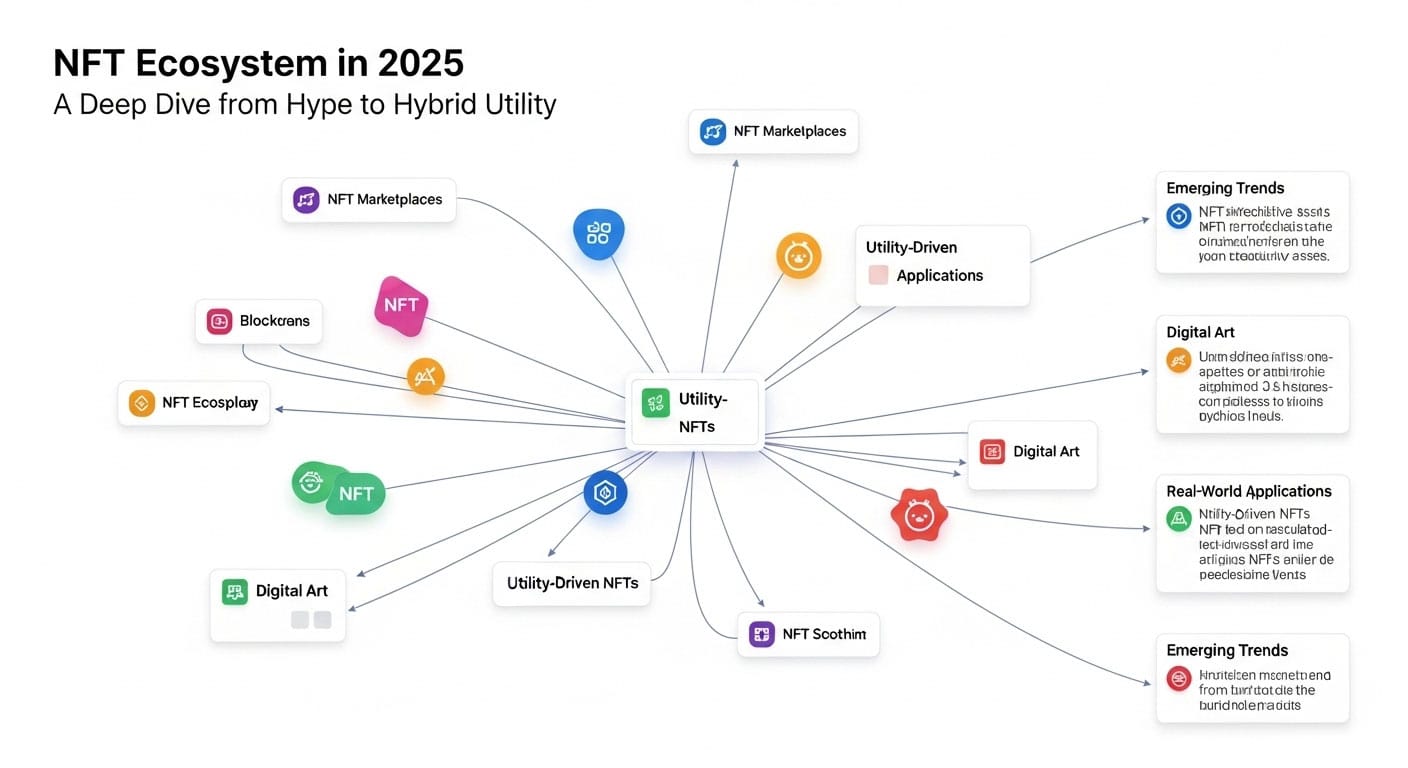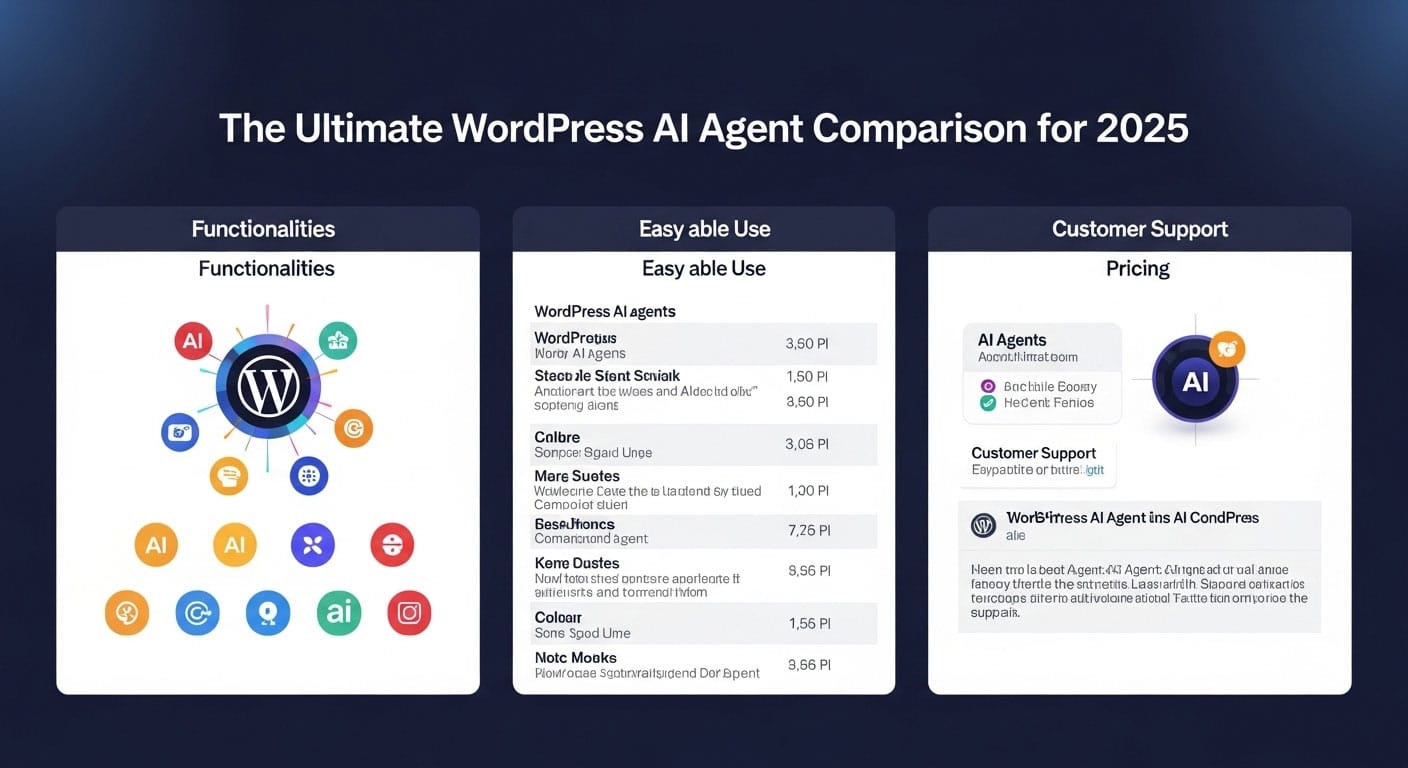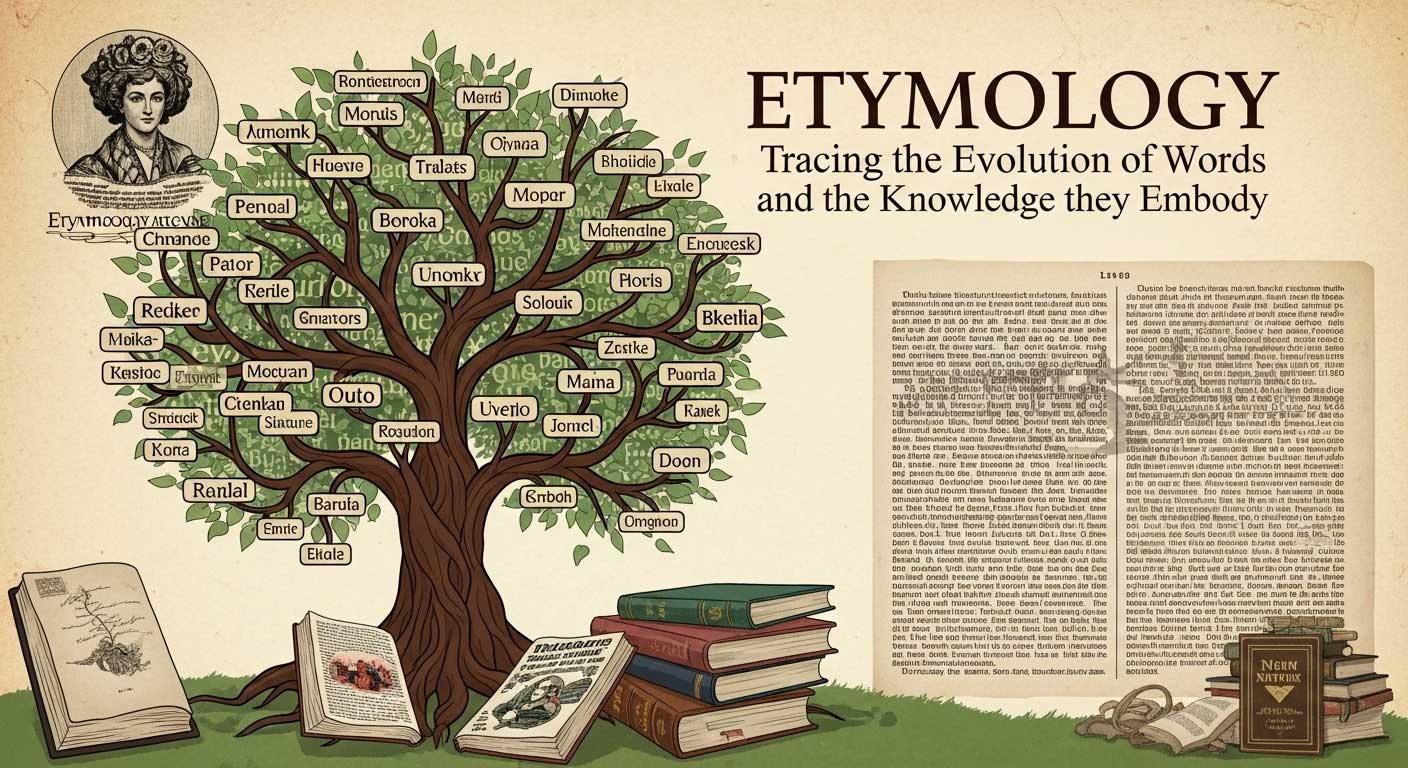Henry Ford quotes on Age
Anyone who stops learning is old whether at twenty or eighty. Anyone who keeps learning stays young. The greatest thing in life is to keep your mind young.
By: Henry Ford
Imagine a world where the fountain of youth wasn’t a mystical pool hidden in a faraway land, but rather nestled within the pages of books, the challenges of puzzles, and the thrill of continuous discovery. This is the world that Henry Ford envisioned when he said, “Anyone who stops learning is old, whether at twenty or eighty. Anyone who keeps learning stays young. The greatest thing in life is to keep your mind young.”
It’s a simple yet profound truth that transcends time and culture. The act of learning is like a key to a door that leads to a room filled with endless possibilities. It’s not just about accumulating facts or mastering skills, but about keeping the mind supple and responsive to the ever-changing world around us.
Why Learning Keeps You Young
When we learn, our brain cells, called neurons, form new connections. These connections are the physical manifestations of our thoughts, skills, memories, and experiences. The more we learn, the more connections we create, and the more vibrant and youthful our brains remain. This isn’t just poetic imagery—it’s backed by science. Neuroplasticity, the brain’s ability to reorganize itself by forming new neural connections throughout life, is the cornerstone of staying mentally young.
The Joy of Lifelong Learning
Lifelong learning isn’t confined to academic pursuits. It can be as simple as learning a new recipe, picking up a musical instrument, or even mastering a new video game. The key is to challenge your brain in new and exciting ways. Here are some ideas to keep your mind young:
- Read Regularly: Dive into books, articles, and blogs on a variety of topics.
- Take Up a Hobby: Whether it’s gardening, painting, or coding, hobbies stimulate different parts of the brain.
- Travel: Exploring new places and cultures offers a wealth of learning opportunities.
- Exercise: Physical activity not only keeps the body young but also promotes brain health.
- Play Games: Puzzles, board games, and video games can improve problem-solving skills and memory.
By engaging in these activities, you’re not just passing time; you’re investing in your mental bank account, ensuring that your mind remains as youthful and sprightly as ever.
Surprise Yourself
One of the most delightful aspects of learning is the element of surprise. When you learn something new, you often encounter the unexpected—a fact that astonishes you, a skill you didn’t think you could master, or a perspective that changes the way you see the world. These surprises keep life interesting and invigorating, much like the way a child views the world with wonder and awe.
So, whether you’re a teenager just starting to explore the vast landscape of knowledge or someone who’s seen many sunsets, remember that your age is just a number. Your true age is determined by the agility of your mind. Keep learning, keep growing, and you’ll find that the greatest adventure in life is the journey within the limitless bounds of your own intellect.
FAQs about Henry Ford on Age
- What did Henry Ford mean by saying “Anyone who stops learning is old, whether at twenty or eighty”?
Henry Ford meant that age is a state of mind, and when a person ceases to learn and grow intellectually, they become ‘old’ regardless of their physical age. Staying curious and continuing to learn is what keeps a person young at heart and mind.
- How can learning keep your mind young?
Learning creates new neural connections in the brain, which keeps the brain active and engaged. This process, known as neuroplasticity, helps to maintain cognitive health and can make the mind feel younger and more vibrant.
- Can learning new things really make a difference at any age?
Yes, learning new things can make a significant difference at any age. The brain has the ability to adapt and grow throughout life, so engaging in learning activities can benefit a person whether they are young or old.
- What are some ways to keep learning throughout life?
Ways to keep learning include reading, taking up new hobbies, traveling, exercising, and playing games that challenge the mind. These activities can help maintain a youthful and agile mind.
- Is it only academic learning that keeps the mind young?
No, all forms of learning, including practical skills, hobbies, and even physical activities that challenge the brain, can contribute to keeping the mind young.
- Why is it important to surprise yourself in the learning process?
Surprising yourself in the learning process keeps the experience exciting and engaging. It stimulates curiosity and can lead to a deeper interest in continued learning.
- Can physical exercise contribute to a young mind?
Yes, physical exercise can contribute to a young mind by promoting overall brain health and enhancing cognitive functions.
- How does travel contribute to lifelong learning?
Travel exposes individuals to new environments, cultures, and experiences, which can broaden their perspectives and provide unique learning opportunities.
- Are puzzles and games really effective for learning?
Yes, puzzles and games are effective for learning as they can improve cognitive abilities such as problem-solving, memory, and critical thinking.
- How can teenagers apply Henry Ford’s philosophy on learning and staying young?
Teenagers can apply Henry Ford’s philosophy by staying curious, seeking out new knowledge and experiences, and embracing challenges that stimulate their minds.




